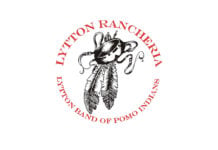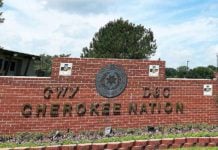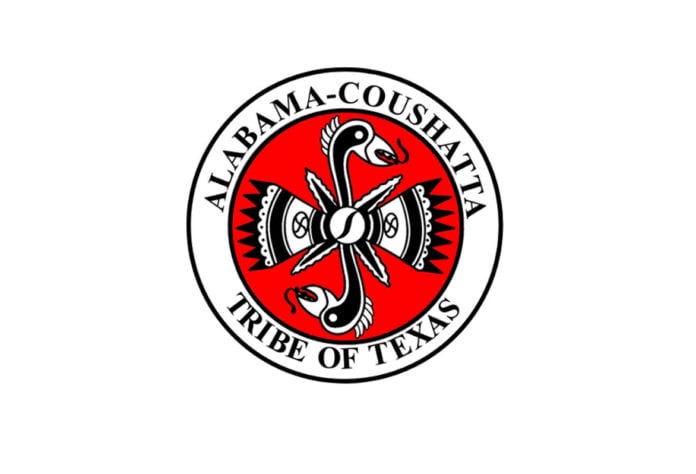LIVINGSTON, TX – The Alabama-Coushatta Tribe of Texas filed a brief late last week in a case before the U.S. Supreme Court that would directly impact the viability of 700 jobs and the overall health of the East Texas economy.
The tribe filed an amicus brief in the case that Ysleta del Sur Pueblo (Pueblo), a federally recognized tribe in El Paso, has brought against the State of Texas. The Supreme Court recently agreed to hear the case from the Pueblo, which is seeking to overturn a 1994 ruling that the state has long used to try to close electronic bingo facilities operated by the Pueblo and the Alabama-Coushatta Tribe.
The Fifth Circuit ruled in 1994 that the State of Texas can stop the two tribes from offering electronic bingo on their reservations. The Pueblo case asks the Supreme Court to overrule that 1994 decision because bingo is otherwise permitted in the state.
By filing an amicus brief, the Alabama-Coushatta Tribe of Texas is formally registering its support for the Pueblo’s case. In the brief, the Alabama-Coushatta argues that the state does not have the authority to regulate bingo on the tribe’s reservation, and that the Fifth Circuit has misinterpreted the Restoration Act of 1987 — the federal law that restored formal federal recognition to the tribes in Livingston and El Paso.
The 1994 decision “did not concern gaming activities that Texas permits and regulates (like bingo), nor did it purport to construe the Restoration Act to that end. At the time, everyone — including Texas — believed the Restoration Act barred Texas from enforcing its regulatory jurisdiction over on-reservation gaming activities that Texas allows, like bingo.”
In addition to the Alabama-Coushatta Tribe, the National Indian Gaming Association, the National Congress of American Indians, and the United South and Eastern Tribes filed amicus briefs in support of the Pueblo and the Alabama-Coushatta Tribe of Texas.
Naskila Gaming, the electronic bingo facility operated on the Alabama-Coushatta Tribe’s reservation near Livingston, is the second-largest employer in Polk County and directly or indirectly responsible for 700 jobs. For years, the state’s effort to close Naskila Gaming through litigation has put those jobs in peril.
“The Supreme Court’s decision to hear this case has given us hope that the state’s effort to put our employees out of work will finally end,” said Nita Battise, Chairperson of the Alabama-Coushatta Tribe of Texas’ Tribal Council. “This case is vitally important to our tribe. Hundreds of jobs are at stake, as well as our long-term future and sustainability as a tribe.”
The Supreme Court’s decision to hear the appeal is one of several encouraging developments for the tribe in recent months.
In a separate case in August 2021, the U.S. District Court in Beaumont ruled that the tribe may legally operate Naskila Gaming, saying such gaming is permissible under the tribe’s 1987 Restoration Act. The state has appealed and the matter is stayed pending the Supreme Court’s decision in the Pueblo case.
Also, earlier this year, the U.S. House of Representatives approved H.R. 2208 with overwhelming bipartisan support. The bill would clarify that the Alabama-Coushatta Tribe and Pueblo can offer electronic bingo under separate federal legislation – the Indian Gaming Regulatory Act. The legislation has not been acted upon in the U.S. Senate.
Importantly, 80 civic, business and community groups have approved resolutions voicing their support for Naskila Gaming to offer electronic bingo.
“We have strong community backing, we have bipartisan support in Washington, and we have a very sound legal argument on our side,” said Chairperson Battise. “Still, our future hangs in the balance. The decisions made by Congress and the Supreme Court in this matter will make an impact that will be felt throughout East Texas.”













































